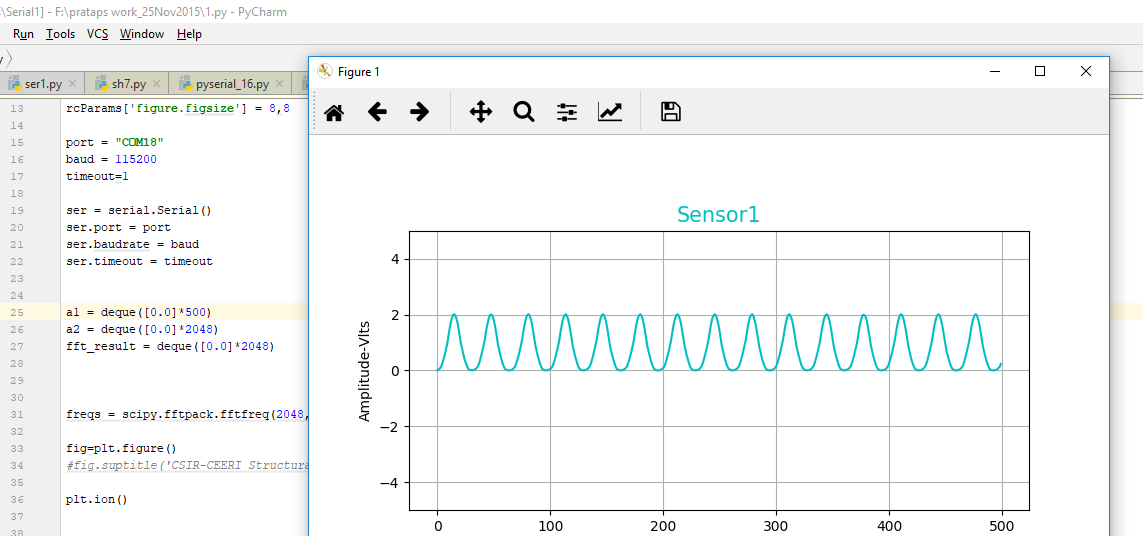Other Parts Discussed in Thread: MSPWARE, , Z-STACK
Hello sir,
This is my ADC configuration
ADC12CTL0 = ADC12ON + ADC12SHT0_4 + ADC12MSC;
ADC12CTL1 = ADC12SHP + ADC12CONSEQ_2 + ADC12SSEL_3 + ADC12DIV_4 ;
for 8-bit Resolution
ADC12SSEL_3 = (SMCLK 1.045Mhz)
ADC12SHT0_4 = 64 ADC12CLK CYCLES
ADC12DIV_4 = Divide by 5
so,
ADC clock frequency = adc source clock / predivider x divider // Predivider = 1
= 1.045Mhz / 1 x 5
= 209Khz
ADC sampling Frequency = ADC clock frequency / ((conversion cycles) + (sample_hold cycles) + 1)
Conversion cycles = ADC resolution + 1 = 8+1 = 9
ADC sampling frequency = 209000 / ((9)+(64)+1)
= 2824.324 = 2.8khz
ADC sampling Frequency = 2.8khz
Sir, Please clarify that is above ADC sampling Frequency calculation is Correct ? if not please convey the correct way of calculation.
Thanks in advance





